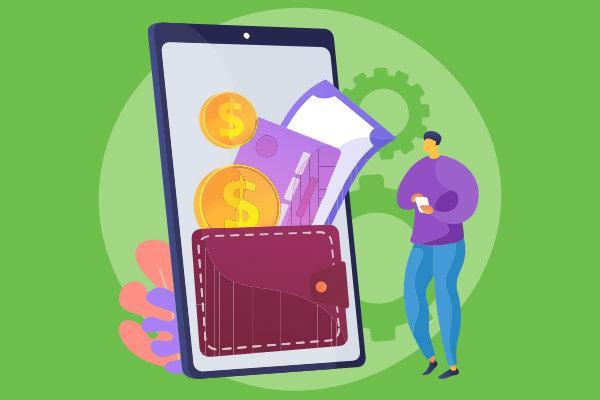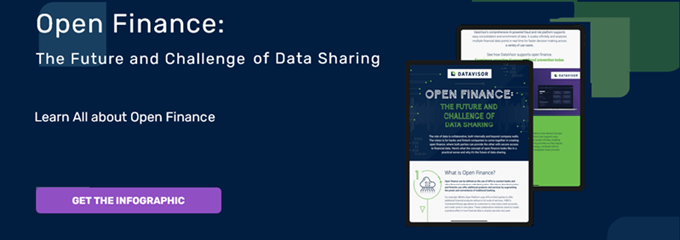
Data Sharing with Open Finance: A Look at the Future
In today’s era of digital technologies and connectedness, data is considered one of a bank’s most valuable resources. Advancements in technology make collecting data on customer transactions, preferences, and usage patterns easier. Today, the new challenge is to extract, analyze, and use the collected data to provide better experiences for the customer and opportunities for growth and improvement to the bank. Could open finance provide the best path forward?
What is Open Finance?
Open finance is defined as the collaboration between traditional banks and fintechs in sharing customer data. Connecting two entities via API allows both to leverage data to develop future products and services and improve the customer experience, all while ensuring customer information is private and secure.
For traditional banks, collaborating with fintechs can relieve the increasing pressure to offer greater convenience and accessibility. Fintechs, in turn, can grow their service offering by expanding their access to customer data.
Why Open Finance is the Future of Data Sharing
Data sharing as a whole is essential to progress. When banks and fintechs can learn more about their users’ preferences, patterns, and potential needs, they can better develop service offerings that meet needs and expectations.
The challenges of data sharing today are multifold. First, data sharing outside a company’s walls is often limited by complex cross-platform incompatibility. There’s also a growing reluctance among consumers to allow their data to be shared. In fact, a recent survey found that 31% of consumers actively monitor the news for potential data breaches, while just 21% trust global brands to protect and secure their data.
Open finance aims to tackle both of these challenges. By connecting platforms via API integrations and offering consumer opt-ins that waive a limited amount of privacy, the future of data sharing is brighter than ever.

Opportunities in an Open Finance Model
The open finance model takes two forms: inbound data sharing (acquiring information from third parties) and outbound data sharing (sharing owned data with third parties).
With inbound data sharing, banks and fintechs alike enrich their decision-making capabilities. Datasets become more comprehensive, priorities are better established, and real progress and growth can occur.
With outbound data sharing, banks and fintechs can draw on capabilities that are otherwise undeveloped or underdeveloped within their own walls. It’s a give-and-take partnership where all participants win, including the customers who benefit from competitive services, convenience, and their most important needs being met.
Next Steps: Approaching Open Finance Data Sharing
Enabling the future of open finance data sharing begins with creating the infrastructure that allows data to seamlessly transition from one entity to another. Technologies like AI and digital blockchains will undoubtedly play a role in this process to ensure privacy, data protection, and accuracy.
Learn more about open finance when you download our ebook, Open Finance: The Future and Challenge of Data Sharing.

Latest Articles







